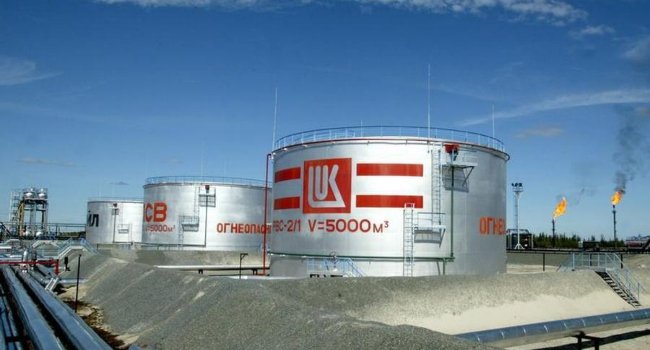Nigeria’s Vice President, Senator Kashim Shettima, has announced that the country’s energy transition journey is expected to unlock an investment opportunity of over $410 billion between now and 2060. This initiative aims to position Nigeria as a leader in Africa’s renewable energy revolution. Speaking at the inaugural Nigerian Renewable Energy Innovation Forum (NREIF) 2025 in Abuja, Shettima emphasized the need for Nigeria to harness its resources and become a major player in the global energy transition.
The Vice President noted that over $23 billion is required to expand energy access and connect millions of Nigerians who still live in energy poverty. He also highlighted the country’s ambition to deliver a power system capable of 277 gigawatts of total installed capacity by 2060, which demands investment, innovation, local capacity, and commitment.
Shettima assured investors and development partners of President Bola Tinubu’s commitment to consolidating policy foundations that would lead to a self-sustaining renewable energy market. He explained that the government is enhancing incentives for local manufacturing, streamlining regulatory frameworks, and deepening collaboration with state governments, investors, and development partners to de-risk private capital and accelerate the emergence of a self-sustaining renewable energy market.
The ‘Nigeria First’ industrial strategy requires that the future of Africa’s renewable energy supply chains be anchored indigenously. Shettima hinted at the Federal Ministry of Power’s readiness to develop policies that would lay the foundation for a more decentralized, competitive, and inclusive electricity market. He also called on development partners and original equipment manufacturers to localize technologies, strengthen value chains, and invest in skills and knowledge transfer.
The Vice President announced that over $400 million in new investment commitments are being mobilized into Nigeria’s renewable energy manufacturing value chain, including solar panels, smart meters, battery storage, and recycling facilities. These investments are projected to create over 1,500 direct jobs across multiple states and reflect growing global confidence in Nigeria’s clean energy industrialization drive.
The Nigerian Renewable Energy Innovation Forum (NREIF) 2025 marks a new chapter in Nigeria’s energy transformation pathway, highlighting the role of innovative partnerships in targeting significant local solar energy production capacity. The event brought together stakeholders, including the UN Deputy Secretary General, Amina Muhammed, and the Dutch Ambassador to Nigeria, Bengt Van Loosdrecht, who pledged their commitment to collaborate with Nigeria on its journey to build a vibrant local energy sector.
The signing of several multi-million Memorandum of Understanding (MoUs) between state governments and private sector development partners, including the Dutch government, further reinforces Nigeria’s commitment to its energy transition journey. As the country moves forward, it is expected to play a significant role in Africa’s renewable energy revolution, with the potential to unlock substantial investment opportunities and create jobs for its citizens.



